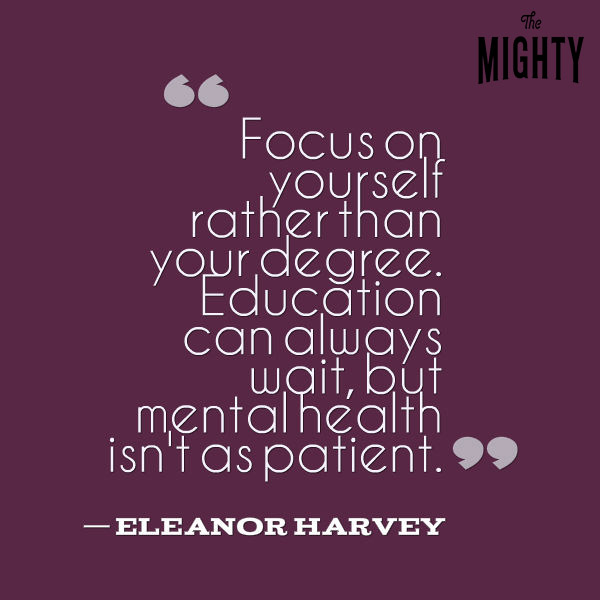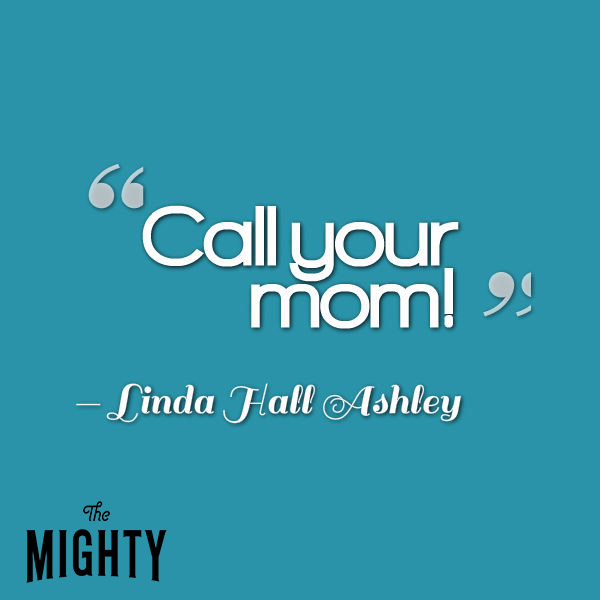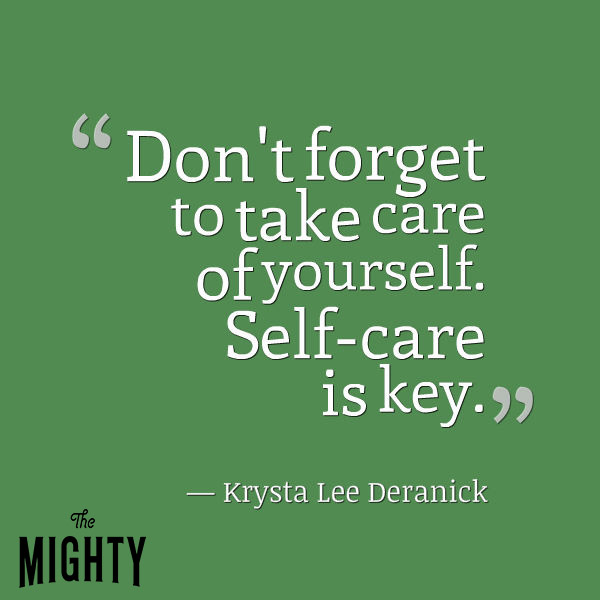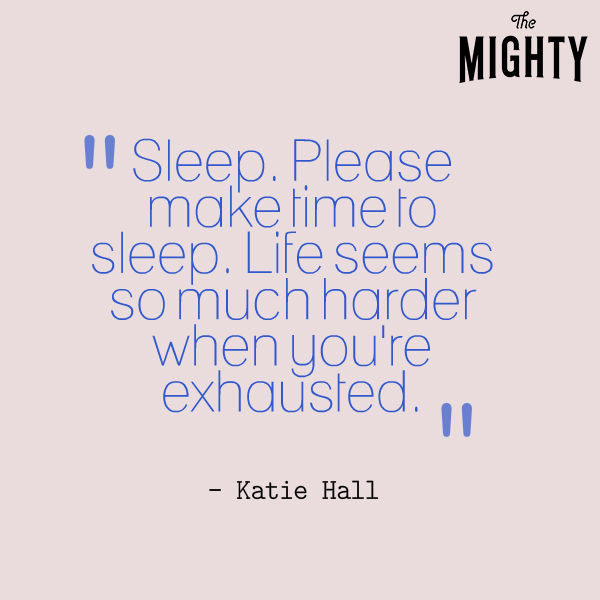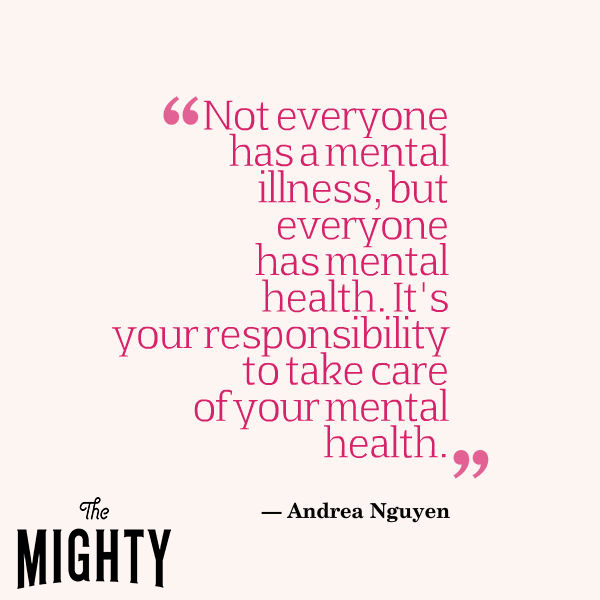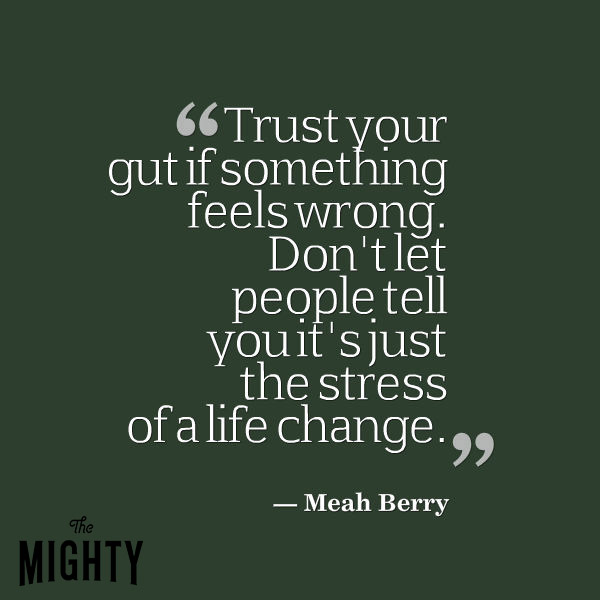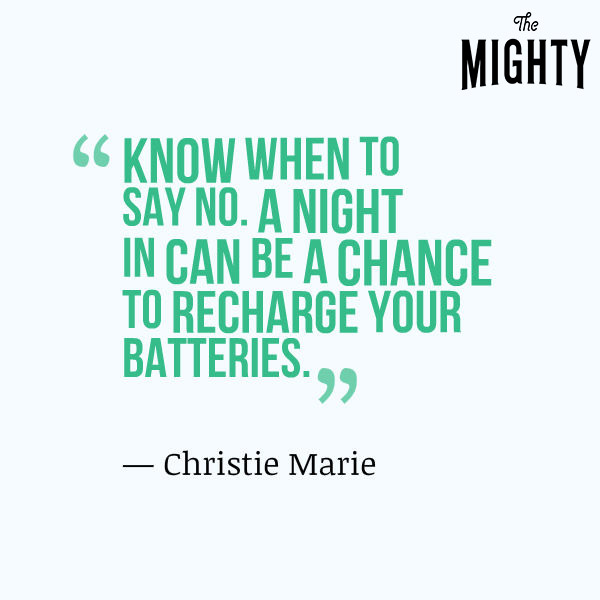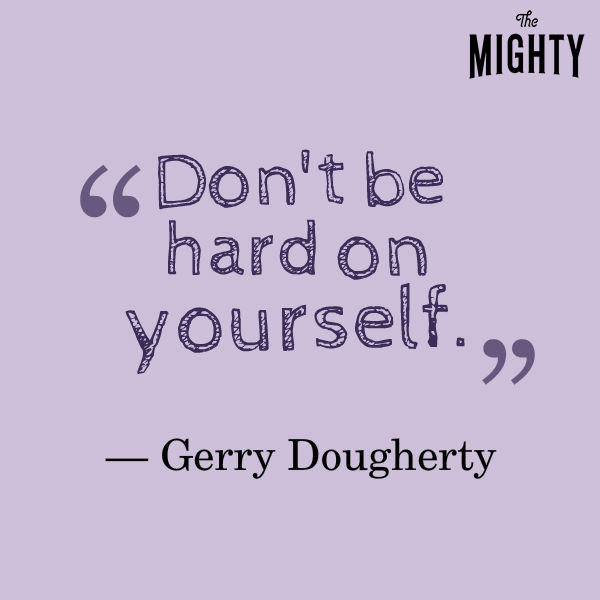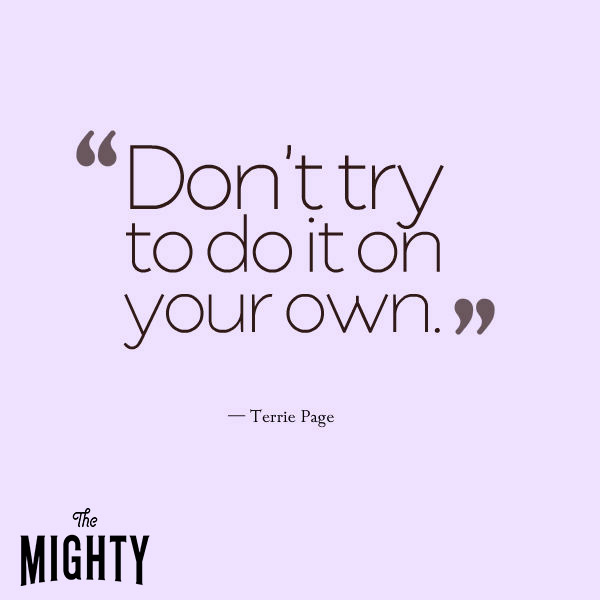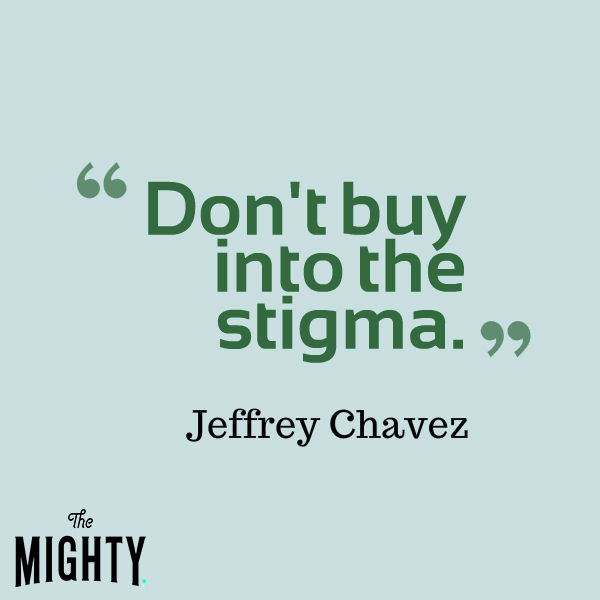Going to college changes…well, almost everything. For many incoming students, it’s their first time living away from home, managing their diets, having a flexible schedule and being away from family and childhood friends. While the transition can be hard for everyone, college also marks an age when mental health issues can start to arise. Half of all serious adult psychiatric illnesses – including major depression, anxiety disorders and substance abuse – start by 14 years of age, according to a study released by Arch Gen Psychiatry. Three-fourths of them are present by age 25.
But the sad reality is this: The 18-24 year old age group shows the lowest rate of help-seeking, according to the Substance Abuse and Mental Health Services Administration, and suicide is the second leading cause of death among college students, according to the American Psychological Association.
But it doesn’t have to be this way — there are things you can do to take care of your mental health in college. The Mighty teamed up with Active Minds, a nonprofit organization that empowers students to speak openly about mental health, and asked, “What mental health advice would you give to incoming college freshman?” The answers, from people who’ve been there, can help if you’re an incoming freshman with mental health concerns or any college student interested in taking care of your brain.
Consider this your first lesson:
1. “Don’t feel like you need to abide by anyone else’s plan; if you graduate in five and a half years instead of four because you take a course load you can handle successfully, it’s worth so much more than four years of misery and half-learning.” — Abby Naumann
2. “If you have a free counseling center on campus, then by all means utilize it. Don’t be afraid to say, ‘I’m struggling with…’ and go!” — Annette McClellan
3. “Focus on yourself rather than your degree. Education can always wait, but mental health isn’t as patient.” — Eleanor Harvey
4. “Identify your 3-2-1: Three things you can do when you feel anxious/depressed (like go for a walk, take deep breaths, listen to music), two people you could talk to when you feel anxious/depressed and one promise to yourself like, ‘I promise to take care of myself. My health and happiness is important.’” — Julia Powers
5. “Drugs and alcohol are not a replacement for getting real help with mental illness. There’s nothing wrong with asking for help.” — Tiffany Worland
6. “Call your mom!” — Linda Hall Ashley
7. “If you were in counseling before, continue with it. It’s better to start college off with a support system than realize during the year you’re in trouble.” — Kristen Stanton
8. “Know you are enough. It’s OK to make mistakes and have doubts. You most likely aren’t alone on your campus when it comes to mental illness. The more I opened up about it, the quicker I was able to find my true friends and the best support system I could have ever asked for.” — Erin Cochran
9. “It’s OK to walk away from your work. If you walk away (literally), allow yourself to get some fresh air. Drink some tea, read a book, watch a movie. Never forget to take a break!” — Clairice Kalkhof
10. “Don’t forget to take care of yourself. Self-care is key.” — Krysta Lee Deranick
11. “Don’t waste time on how your experience ‘should’ be, but work towards strengthening yourself during this truly life-changing time.” — Cait Woodward
12. “Join a club you never saw yourself joining. Meet new friends who look different than you. Don’t be afraid to branch beyond your comfort zone. These relationships will be key in dealing with any stress that comes.” — Ashley Brooner
13. “Sleep. Please make time to sleep. Life seems so much harder when you’re exhausted.” — Katie Hall
14. “If you feel like you’re in trouble, ask for help. A friend, professor, counselor, dorm advisor — there are so many resources at your fingertips that could save you.” — Emma M Pratt
15. “Set up a time to talk with and develop a relationship with your Residence Advisor.” — Nan Ann
16. “Not everyone has a mental illness, but everyone has mental health. It’s your responsibility to take care of your mental health.” — Andrea Nguyen
17. If you had a therapist you saw regularly at home, talk to them about helping you find another therapist near school. Look into it, and don’t just abruptly stop therapy — even if you think you can handle it — because college is tough and treatment should continue.” — Alyse Ruriani
18. “Give yourself a break if you find yourself struggling to adjust. This is new and it’ll take time to get in the swing of things. Talk to people with more college experience like student mentors and try to have realistic expectations for yourself.” — Lauren Grnbrg
19. “Trust your gut if something feels wrong. Don’t let people tell you it’s just the stress of a life change.” — Meah Berry
20. “Don’t compare yourself to others because everyone works at different paces and has different needs. Congratulate yourself when you do well. Take all the time you need — if it takes you a little longer to complete the course, that’s OK.”— Annabelle Edge
21. “Deal with whatever you find distressing as soon as you can. Don’t put a hold on your mental well-being.” — Gabriela Constantin-Dureci
22. “Be aware of what resources are available to you both on and off campus. Does your college have a counseling center? Where is it, when is it open and do you need to make an appointment? Does your college have a disability resource center? Are there accommodations you can receive from them? Make a list of your resources so that you can easily find the information you need.” — Angeline Nguyen
23. “Know when to say no. A night in can be a chance to recharge your batteries.” — Christie Marie
24. “Tell at least three people you trust a little bit about ‘your’ story. Opening up to others who are in close proximity is absolutely vital. You may be pleasantly surprised to find you have a lot in common.” — Maryann Edgerley
25. “Allow yourself time every day to relax.” — Alex Nicole
26. “Take on only what you can handle. Only do what feels right for you. Don’t worry about anyone else. It’s your life, take care of it.” — Bunnie A Kelly
27. “Don’t be hard on yourself.” — Gerry Dougherty
28. “Campuses generally have a service called Disability Support Services. If you have a diagnosed mental health issue, you can take a doctor’s note to them and they’ll help you get help in your classes. If you get anxious taking tests, they can have your teachers move you to a quiet room and give you extra time. If you are depressed and miss some days, they can help you get caught up and not suffer bad grades. On those days when you just can’t, Disability Support Services can.” — Jessica Lynn Sprayberry
29. “Don’t let anyone tell you that you can’t do something because of your disability, because you can! Trust me!” — Amy Walsh
30. “Don’t try to do it on your own.” — Terrie Page
31. “Please know that there is no ‘right’ way to experience college. When I started, I had so many people tell me if I didn’t live on campus or do things a certain way, I would miss out on the college experience. Well the truth is, everyone can create their own college experience.” — Marie Lynne
32. “Build a strong support system before heading off to school.” — Domonique Grant
33. “Be your own advocate. Speak to professors — they’re only human, too.” — Torie Keeton
34. “Don’t buy into the stigma.” — Jeffrey Chavez
What would you add? Tell us in the comments below.
Getty image


